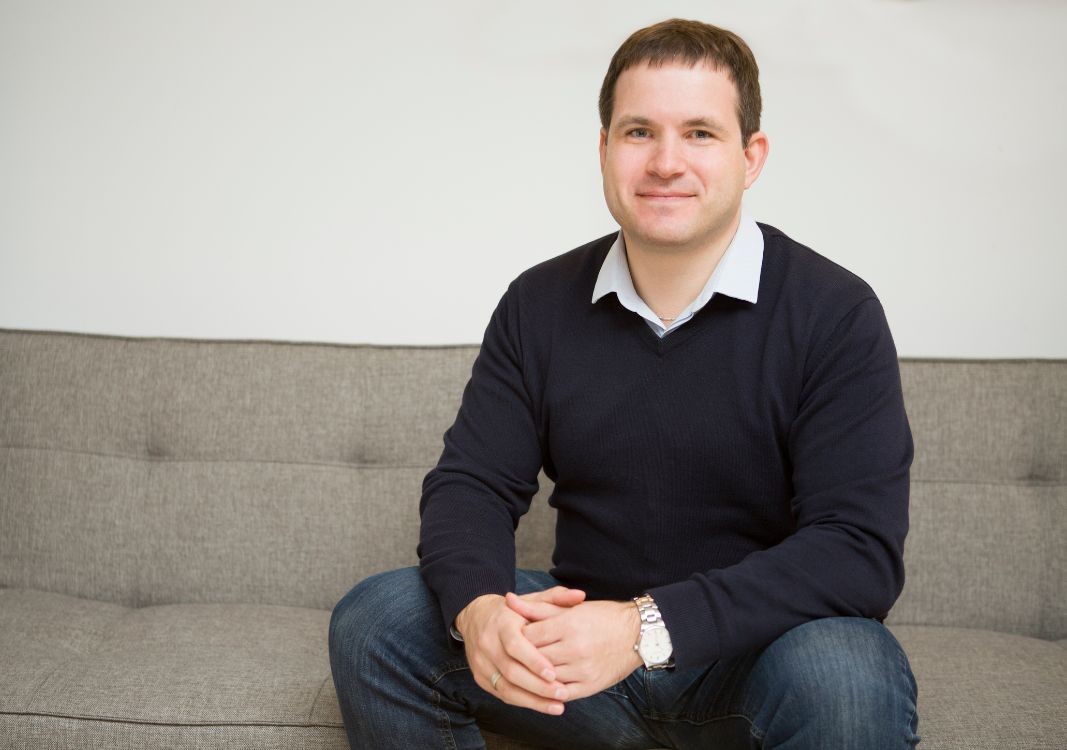The year 2023 is about to be remembered as a turning point for the development of artificial intelligence. OpenAI's new free chatbot is spreading like wildfire on the web and is expected to completely transform human lives in the near future, experts predict. Just two months after it was launched, it has already attracted 100 million users, becoming the fastest growing app of all time. Experts are talking about an unprecedented technological revolution.
Artificial intelligence has been changing our lives for quite some time now, but many of the changes are hidden and unconscious. For example, it is used in the process of creating new drugs and supplements that work better and have fewer side effects. Now, however, humans will begin to interact more directly with AI. For example, with chat GPT, we can literally communicate with AI in conversational form. However, it is unlikely that AI will completely replace some professions in the near future, rather it will become our personal assistant that will take over the more mundane tasks, predicts Hristo Tomov, an AI expert from Bulgaria.
As an example, he points to the work of news journalists. We can now generate text with the help of AI, but we still need to tell it what to put in that text. The journalist's job is to find the news, decide what is important about it, and the AI will take on the trivial task of generating the first draft of the text. This will save time, but will not revoke the need for the professional news journalist. It is the same with other professions

So far, the new AI applications provide a significantly wider volume of information in common languages, such as English, Spanish, German, etc. The "small" languages, such as Bulgarian, however, lag slightly behind. But not for long thanks to the rapid advancement of machine translation technology.
The question is, howprepared are we, Bulgarians, to deal with the looming technological explosion of AI?
"In my opinion, we are not prepared, but I would say that no one is prepared right now," Hristo Tomov points out and adds:
"Among the Bulgarians, there is perhaps a little more mistrust of new technologies, a little slower entry into innovations and the introduction of adequate regulations in this area. And it will be very important in the near future how the regulatory authorities will respond to the changes that are happening in order to balance and prevent the abuse of the new technologies and at the same time - to provide enough scope to use their advantages. On the other hand, it is good to note that the younger generation is significantly more open to these changes and is of world class in this respect.
In Bulgaria, serious efforts are being made in the field of AI development. They are related not only to the wide application of already existing technologies, but also to development activity in this area. A good example is the recently opened Institute for Computer Sciences, Artificial Intelligence and Technologies (INSAIT)
, with the cooperation and financial support of the Bulgarian state."The goal of this institute is to create science at the highest global level in the field of new technologies," says Hristo Tomov. In this situation, is there a risk that the elderly and the uneducated, who are by no means few in our country, will remain outsiders to the new reality?

"AI can open the doors for these people. Until now, specialized knowledge was required to find information on the Internet. But AI will change the way we work with information, making it accessible to people of all levels of education and technical literacy. At the point when working with such sources of information becomes the equivalent of simply talking to a program, as these natural language processing AIs advance, the distance between the more advanced and the less advanced will shrink," predicts Hristo Tomov.
AI can also be very useful in combating the spread of fake news, often generated by AI themselves. "And if now in order to distinguish fake news from real news, a person needs to make an effort, to search more, to inquire more, with the advancement of good and widely available AI, these checks will be done automatically. And when you ask the AI whether a given piece of information is true or not, it will immediately do the checks and give you the results," says Hristo Tomov.
Despite being in Bulgaria’s poorest region, the North-West, Vratsa Province ranks among the top three in the country for economic development. According to 2023 data from the National Statistical Institute (NSI), it shares third place with Varna on the..
Bulgarian artists will take part in the festive Christmas concert in Stockholm , organised with the European Commission's representation and embassies , the Bulgarian embassy in the Swedish capital announced on Facebook. The event is scheduled for 8..
The project “The Charisma of Bulgarians” is, in essence, a bridge between different worlds . With it, Dimitrinka Yordanova Komanduci - psychologist, psychotherapist, vocal coach, and author of “Your Voice Can Change Your Life” - aims to create a..

+359 2 9336 661
